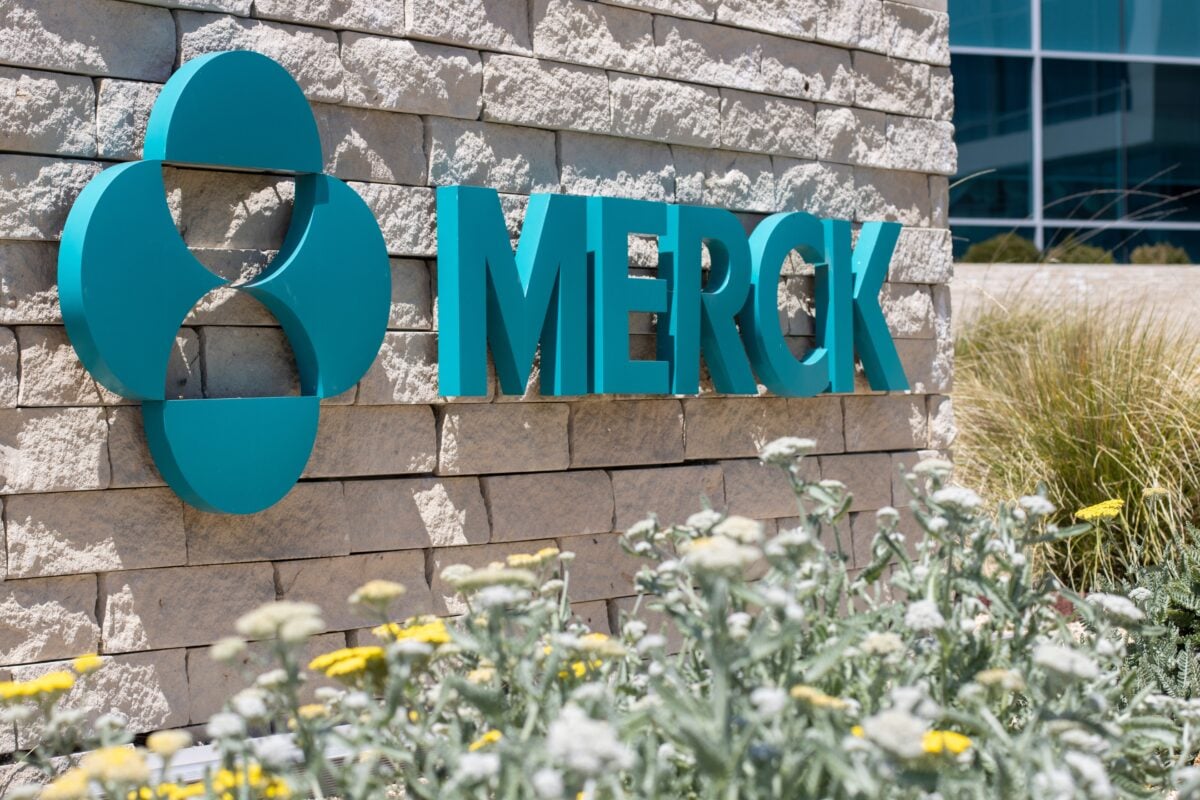TLDRs;
- Merck and Tata Electronics sign MoU to strengthen India’s semiconductor supply chain with a new Gujarat fab.
- Tata’s Dholera fab will include Merck’s material and infrastructure solutions to support advanced chip manufacturing.
- Merck assessing Indian suppliers for fluorine-based chemicals and solvents but notes gaps in operational readiness.
- Deal aligns with India’s $10B semiconductor incentives and global push for supply chain security.
Germany’s Merck Group and Tata Electronics have officially signed a memorandum of understanding (MoU) aimed at strengthening India’s semiconductor ecosystem.
The deal, announced on Tuesday, marks a significant milestone in the country’s ambitious push to build a competitive chip manufacturing sector.
Under the agreement, Merck will collaborate with Tata Electronics on developing semiconductor materials, fabrication infrastructure, and advanced chemical and gas distribution systems for Tata’s planned fabrication facility in Dholera, Gujarat. The partnership is expected to play a critical role in reducing India’s reliance on imported chip-making resources while nurturing local suppliers.
Merck assessing Indian suppliers
Kai Beckmann, CEO of Merck’s electronics division, confirmed that the company is actively evaluating Indian suppliers for critical materials. These include fluorine-based chemicals and specialty solvents required in chip production.
While Beckmann acknowledged the country’s growing capabilities, he also pointed to operational gaps that need to be addressed before local suppliers can fully meet global semiconductor standards.
Merck, a global leader in electronics materials, brings decades of experience in providing essential inputs for chip fabrication. By combining this expertise with Tata’s manufacturing ambitions, the two companies aim to accelerate India’s positioning as a serious player in the semiconductor value chain.
Tata’s Gujarat fab in focus
The Gujarat fab is central to India’s $10 billion semiconductor incentive program, launched to attract global and domestic players. Tata Electronics, which has already made inroads into electronics assembly and component manufacturing, is expected to be one of the biggest beneficiaries of the program.
The collaboration with Merck underscores Tata’s strategy to secure reliable material and technology partners early in the process.
Once operational, the fab in Dholera could serve as a regional hub for advanced chip manufacturing, supporting industries ranging from consumer electronics and automotive to defense and telecommunications.
Global semiconductor race intensifies
The Merck–Tata partnership comes amid an intensifying global race to secure semiconductor supply chains. Europe recently gained momentum with Taiwan Semiconductor Manufacturing Co. (TSMC) announcing a design center in Munich and a manufacturing facility in Dresden in May, supported by €5 billion in German subsidies. Meanwhile, the United States has committed billions through the CHIPS Act to re-shore production.
For India, the Merck-Tata collaboration signals more than just a commercial agreement. It highlights the country’s determination to be part of the new global semiconductor order by combining domestic capabilities with international expertise. Industry analysts note that securing partnerships with established players like Merck will be crucial to bridging India’s current technological and infrastructure gaps.







